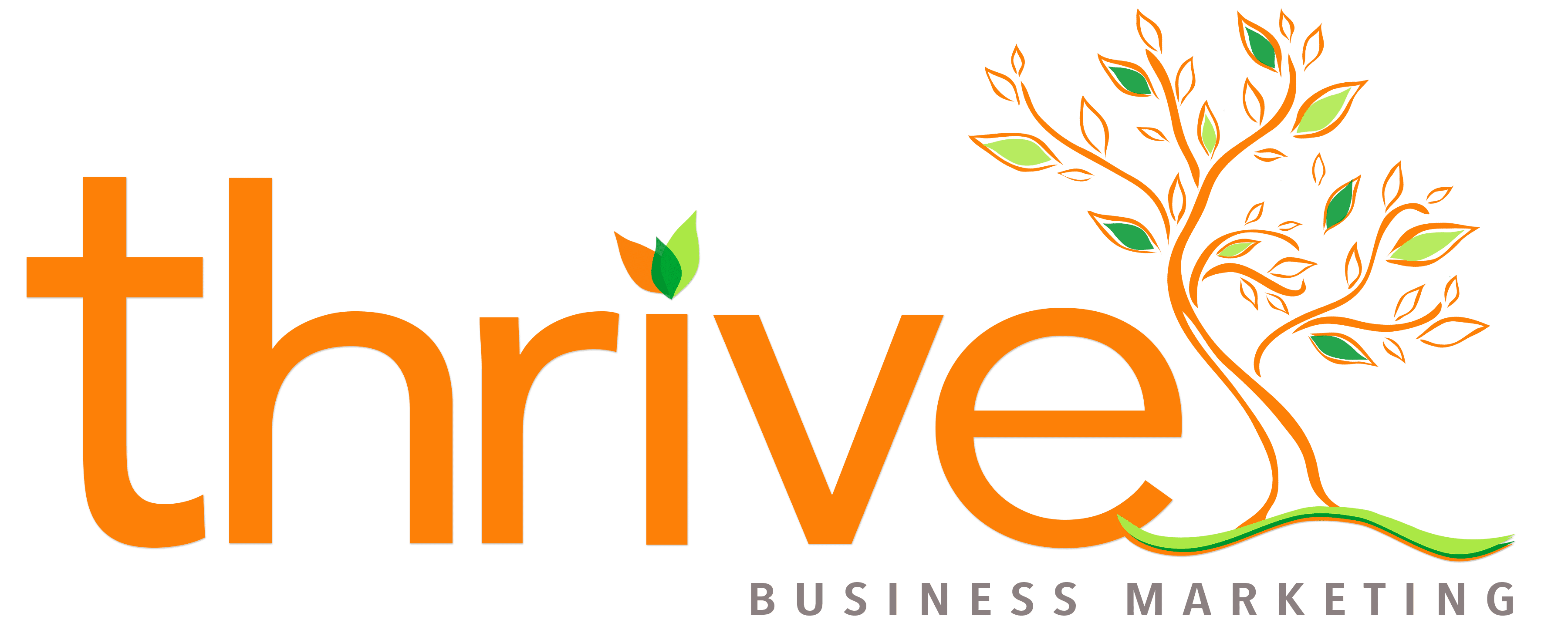 A highly restrictive copyright directive has been backed by the European Parliament that is intended to benefit traditional European news publishers and copyright holders at the possible expense of user-generated content and U.S. internet companies, such as Google. Back in July, an early version of the directive was rejected.
A highly restrictive copyright directive has been backed by the European Parliament that is intended to benefit traditional European news publishers and copyright holders at the possible expense of user-generated content and U.S. internet companies, such as Google. Back in July, an early version of the directive was rejected.
In order for the new rules to go into effect, the they must be approved by member states. The idea behind these rules is to harmonize disparate copyright law across the EU. This new directive has two extra controversial provisions:
- Article 11 would require permission and licensing fees when snippets of content are presented
- Article 13 would require platforms like Google/YouTube, Facebook, Twitter and others to monitor potential copyright infringement much more aggressively or face liability. These sites would thus be compelled to scan content for violations before being uploaded.
Quite a number of the biggest news publishers and entertainment companies in Europe are strongly supporting or lobbying for the rules. For Google’s index, Article 11 could have a huge impact on it, as well as prevent things like rich snippets in search results. In the minds of the European publishers, they want to be paid when Google displays more than links to their content.
Here’s what the EU said about Article 11:
Parliament’s position toughens the Commission’s proposed plans to make online platforms and aggregators liable for copyright infringements. This would also apply to snippets, where only a small part of a news publisher’s text is displayed. In practice, this liability requires these parties to pay right holders for copyrighted material that they make available. Parliament’s text also specifically requires that journalists themselves, and not just their publishing houses, benefit from remuneration stemming from this liability requirement.
Apparently, Links could be exempted from licensing requirements. Smaller start-ups could possibly not be subjected to the strict provisions of the new rules. According to the directive, text links “accompanied by individual words” can be shared freely without an arranged licensing agreement. “[M]erely sharing hyperlinks to articles, together with ‘individual words’ to describe them, will be free of copyright constraints.”
Any non-commercial resources online (such as Wikipedia) won’t be subject to liability as well. But, if ratified by EU members, Google and Facebook would be made liable for any violations including user-generated content (let’s think about the likes of YouTube).
Platforms such as YouTube and Facebook will be required by Article 13 to prevent the “illegal” uploading of copyrighted content. In this situation, platforms would be forced to scan content prior to allowing the upload. The concern here is the resulting “censorship” by the big platforms, because they don’t want to risk liability. Currently the system requires a notice of a violation before a takedown will take place.

